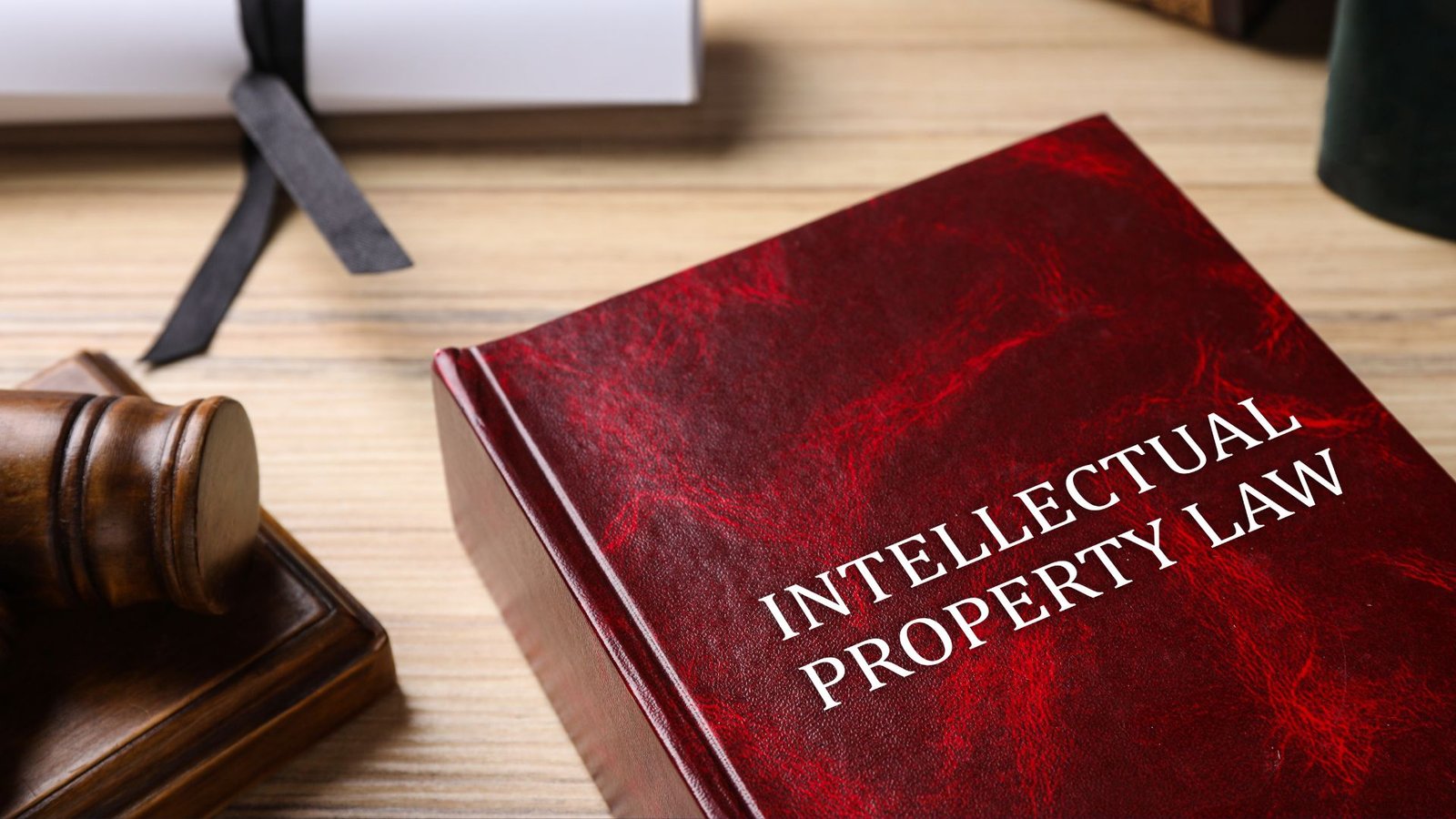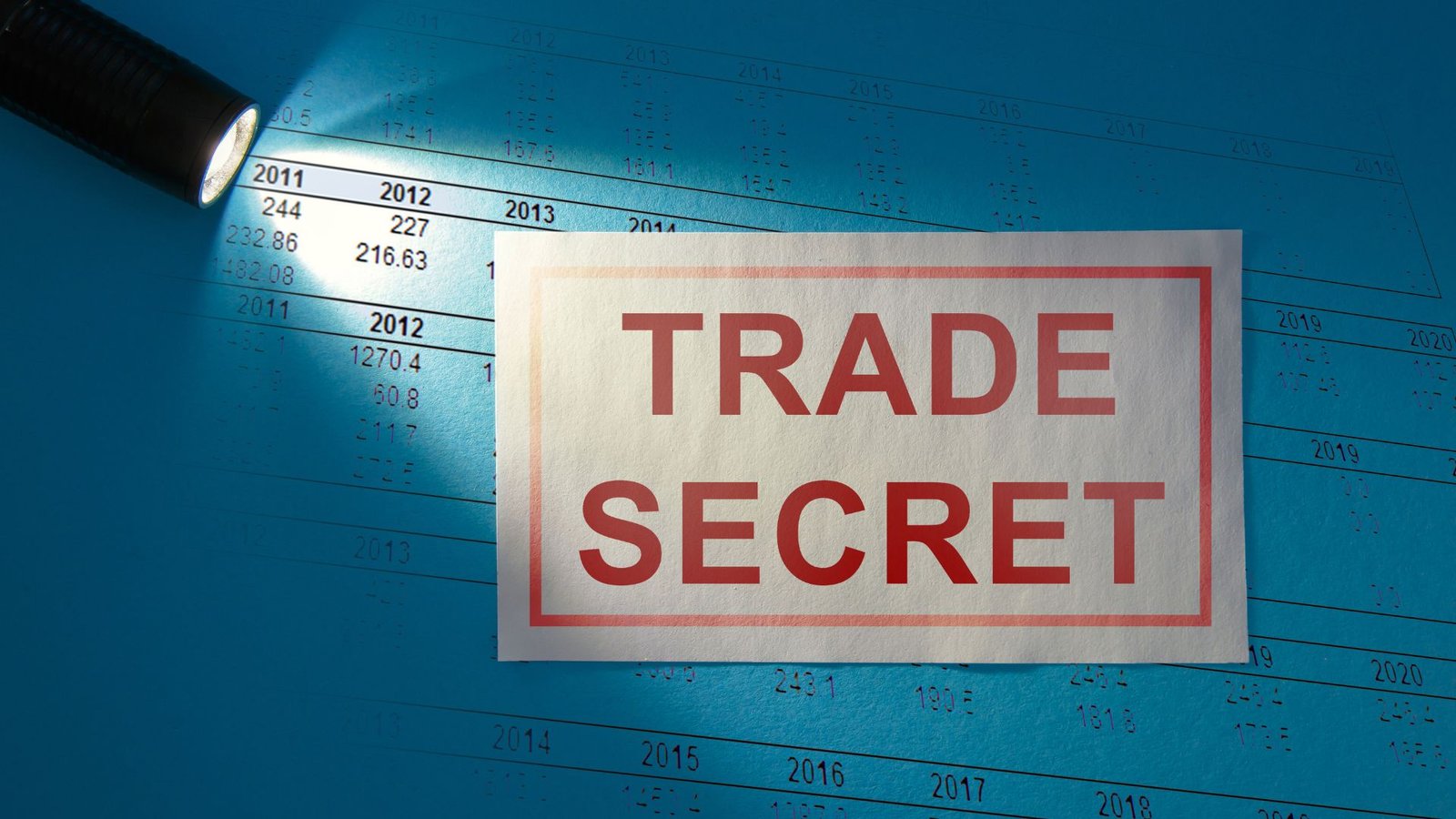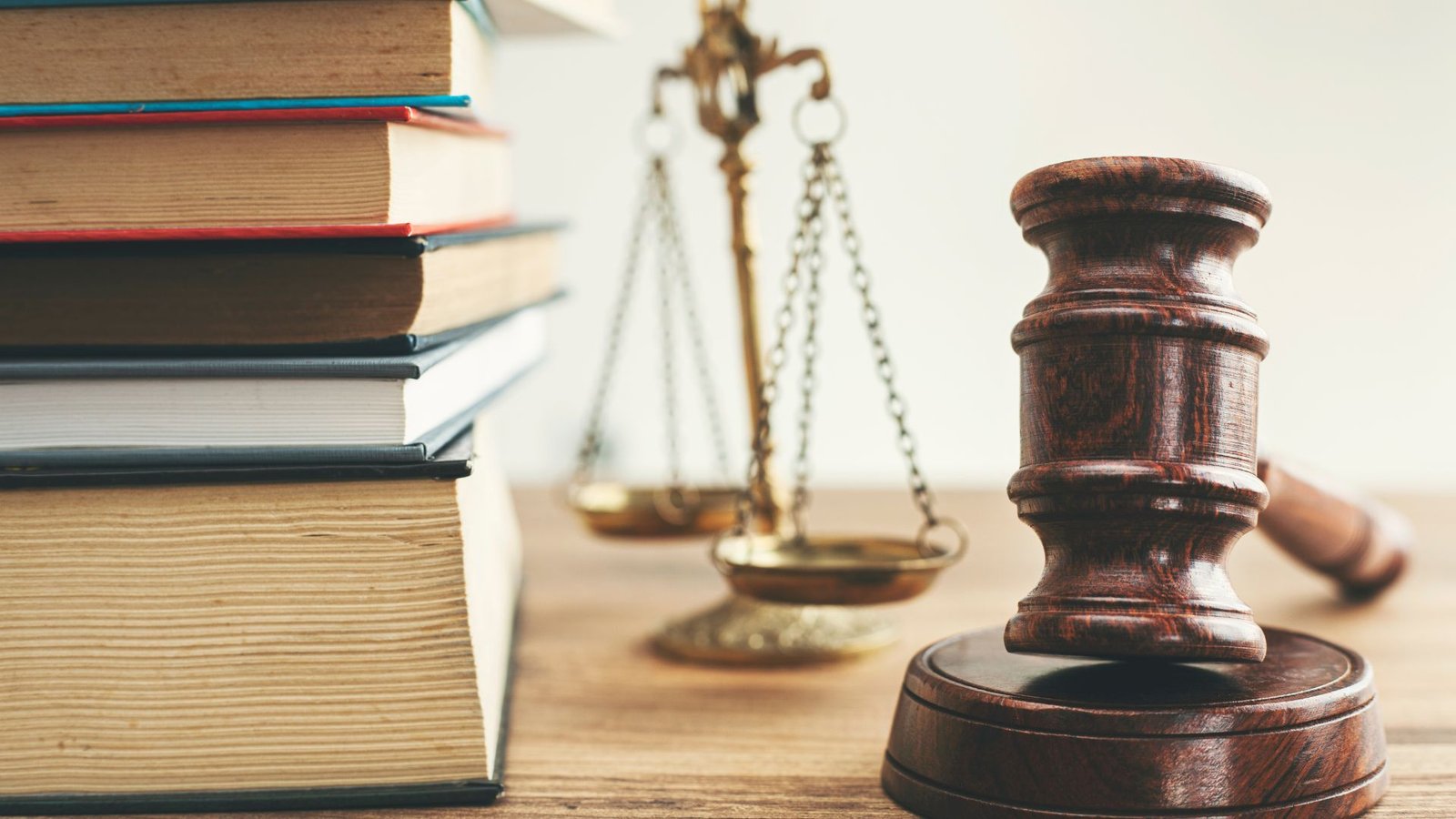On this page you will read detailed information about Intellectual Property Rights in the UK.
To protect your ideas and creative works, you must understand intellectual property rights. As a business owner or creator in the UK, navigating this complex landscape is essential to safeguard your valuable intangible assets. This guide will inform you on the key types of IP rights, including patents, trademarks, copyrights, and trade secrets. We will overview registration procedures, duration of protections, enforcement options and recent legal changes regarding IP in the UK. With knowledge comes power – arm yourself to secure exclusive rights to the fruits of your innovation and imagination under UK IP law. Let us begin the journey.
What Are Intellectual Property Rights in the UK?
Intellectual property (IP) rights protect creations of the human intellect. They give the creators and owners of works exclusive rights to use, control, benefit from, and license them for a certain period.
There are four main types of IP protection in the UK:
- Patents – Patents provide protection for inventions and cover how things work, what they do, how they do it, what they are made of and how they are made. A patent gives you the right to prevent others from making, using, importing or selling your invention without your permission.
- Trademarks – Trademarks are signs that distinguish your goods and services from those of your competitors. They can be words, logos, colours, sounds or smells that identify products and services. Trademarks need to be registered to receive full legal protection.
- Design rights – Design rights protect how a product looks, such as its shape, configuration or surface decoration. There are different types that cover product shapes, graphic symbols and typefaces. Most design rights require registration to be enforceable.
- Copyright – Copyright applies automatically to literary, dramatic, musical and artistic works, sound recordings, films and broadcasts. It protects the expression of ideas, not the ideas themselves. Registration is optional but recommended as evidence of ownership.
Key points about IP rights in the UK:
- They give creators control over who uses their work and the right to be paid for it. This encourages innovation and creativity which benefits society.
- Rights are limited by time – 20 years for patents; 10 years for trademarks and design rights; 70 years after death for copyright works. After expiry, works enter the public domain.
- Ownership rests with the creator, unless created during employment or commissioned, in which case rights may belong to the employer or commissioner. It’s important to have contracts in place.
- Registration provides stronger protection and enforcement options but isn’t always mandatory. It’s recommended for trademarks, designs and copyrights.
Understanding the IP system allows businesses to profit from and protect their valuable intangible assets. With the right IP strategy, companies can gain a competitive edge in the market.
Copyrights: Protecting Literary, Dramatic, Musical and Artistic Works
Copyrights provide legal protection for original literary, dramatic, musical and artistic works, such as books, plays, songs, films, paintings and sculptures. In the UK, copyright is an automatic legal right that comes into force as soon as a work is written down, recorded or fixed in some way.
- For literary, dramatic and musical works, copyright generally lasts for 70 years from the end of the calendar year in which the author died.
- Copyright in sound recordings lasts for 70 years from when it was first published.
- For films, the copyright period is 70 years from the end of the calendar year in which the last principal director, screenwriter or composer dies.
As the creator of a copyrighted work, you have the exclusive rights to control how your work is used or reproduced. This includes the right to:
- Copy your work, such as by photocopying a book or scanning an image
- Issue copies of your work to the public
- Rent or lend copies of your work to the public
- Perform, show or play your work in public
- Communicate your work to the public, for instance by broadcasting it or making it available online
- Make an adaptation of your work, such as turning a book into a film
It is illegal for someone else to do any of the above acts without your permission as the copyright owner. If someone infringes your copyright, you can take legal action against them in the courts. Potential remedies include damages, injunctions and account of profits.
It is important for businesses and creators to have a good understanding of copyright law in order to fully protect their own intellectual property, while also respecting the copyright of others. Specialist legal advice may be needed regarding copyright licensing, assignment of rights, international copyright protection and enforcement action.
Trademarks: Protecting Brand Identifiers and Logos
A trademark is a recognizable indicator of your company’s business origin or unique brand identity. In the UK, trademarks are registered and protected by the UK Intellectual Property Office (UK IPO) and can include any word, phrase, symbol, design, sound, shape, color or a combination of these elements that distinguishes your goods or services in the marketplace.
To understand if you need a trademark, consider whether you use or plan to use any of the following to uniquely identify your business or products:
- Company, product or service names
- Logos or brand symbols
- Slogans or taglines
- Packaging shapes, colors or other design elements
- Distinct sounds associated with your brand
Benefits of Registering a Trademark
Registering a trademark with the UK IPO provides important legal protections and benefits:
- Nationwide exclusive rights to use your mark for the goods or services covered by your registration
- Legal recourse to stop others from using confusingly similar marks
- Enhanced reputation and credibility from having a registered mark
- Ability to license your mark to partners or expand into new products/services
Without registration, your rights are limited to the geographic area where you currently use the mark. Registration grants exclusive rights across all of the UK.
Trademark Registration Process
The process to register a trademark includes:
- Searching existing marks to avoid conflicts
- Filing an application with the UK IPO with required info and fees
- Examination by UK IPO examiner
- Publication in the Trade Marks Journal
- Opportunity for opposition by third parties
- Registration certificate issuance
The entire process usually takes 4-6 months from application to registration. Registered trademarks must be renewed every 10 years to maintain protection.
Understanding trademarks and leveraging them to protect your brand identity provides significant long-term value for your business in the UK market. With some advance planning, you can secure your trademarks and enhance your competitive position.
Patents: Safeguarding Inventions and Innovations
Patents give businesses and creators legal protection and exclusive rights over new inventions, products or processes. A patent is granted by the UK Intellectual Property Office (UK IPO) and prevents unauthorized use of the patented item for up to 20 years.
- To qualify for a patent, an invention must be new, innovative and capable of industrial application. It also cannot be obvious to someone skilled in that field. The application process involves filing detailed documentation with the UK IPO, including descriptions and drawings.
- Patents cover tangible products and manufacturing processes across all fields – from mechanical devices to chemical formulas to software. Patents for computer-implemented inventions and programs are referred to as software patents. Design patents can be obtained for ornamental designs applied to articles of manufacture.
- Once a patent is granted, the owner has exclusivity to make, use, sell or import the invention. They can also license or sell the rights. This gives incentive and opportunity to profit from research and development investments.
- It is illegal for third parties to exploit patented inventions without authorization from the rights holders. However, patents eventually expire, allowing the invention to be freely used. Independent creation of the same invention is known as “parallel innovation” and does not constitute infringement.
Overall, patents in the UK promote and protect innovation. They cover a wide range of inventions across industries. Businesses and inventors should consider patenting to secure returns on creativity, research and new products or processes. Consulting an intellectual property lawyer can help navigate the application process.
Design Rights: Shielding the Appearance of Products
Design rights protect the visual appearance of a product. Understanding what design rights cover can help businesses and creators protect their intellectual property. Here is what UK businesses and designers need to know about design rights:
- Registered Designs – Registered Designs protect the appearance of a product or part of a product, like shape, configuration, pattern or ornamentation. The design must be new and have an individual character compared to previous designs. Registered Designs provide up to 25 years of protection and exclusive rights.
- Unregistered Design Right – The Unregistered Design Right covers surface decoration of products, provided the design meets requirements for novelty and individual character. Protection lasts up to 15 years after the products are marketed. An Unregistered Design has a shorter duration but avoids registration fees.
- Community Design – The Community Design provides intellectual property protection for designs across the EU through a single registration process. They cover both Registered and Unregistered Design categories. Businesses marketing products with unique visual designs across Europe can benefit most from Community Design protections.
- Overlaps with Trade Marks and Copyright – Design protections can overlap with other intellectual property rights. For example, a logo used on a product could qualify for Trade Mark protections while the shape of the product itself falls under Design Rights. Patterns and graphics could gain both Design Rights and Copyright protections.
Understanding these intricacies allows businesses to build comprehensive intellectual property coverage. Seeking advice from intellectual property attorneys can clarify where protections apply and if registrations are recommended based on business plans and product pipelines. Building an IP portfolio takes planning, but yields valuable rights to legally prevent copying and uphold brand identity across markets.
In the previous post, we had shared information about International Law and the Challenge of Aerial Hijacking, so read that post also.
How to Register Your Intellectual Property in the UK
When you create something new, such as an invention, design, or creative work, you automatically own certain intellectual property rights. However, registering your IP provides important legal benefits, including:
- Proof of ownership – Registration documents formally establish you as the rights owner. This makes it easier to prove your work is original if your rights are ever challenged.
- Public record – Registrations are added to public databases, providing notice to others of your ownership. This can deter infringement.
- Enhanced remedies – You must register copyrights and designs before you can sue for infringement. Registering trademarks also provides additional remedies.
- Asset protection – Registration allows you to more easily monitor and prevent inappropriate use. It also helps secure investment or licensing opportunities.
Follow these steps to formally register your intellectual property in the UK:
- Copyright – While automatic, you can formally register creative works like books, songs, films, and websites with the UK Copyright Service for added protection. Complete an application and pay a small fee.
- Trademarks – Apply to the UK Intellectual Property Office (UK IPO) to register distinctive brand names, logos, slogans and more. Searches, fees and processes vary depending on the type of trademark.
- Patents – To protect inventions with the UK IPO, you must file a patent application which rigorously details your unique invention or process. Expect to hire a patent attorney for help meeting strict requirements.
- Design rights – Apply for registered and unregistered UK design protection for product shapes and aesthetics. Different rules govern qualification criteria and terms of protection.
Seeking guidance from an IP solicitor can help ensure you pursue the best registration strategy for your specific creation. Act promptly, as delays can weaken your rights both in the UK and globally. With registered IP rights, you can confidently market and profit from your innovations.
Enforcing Your Intellectual Property Rights
If your intellectual property rights are infringed upon in the UK, you have several options to enforce your rights. This guide covers the key steps to consider when enforcing intellectual property rights.
- Send a cease and desist letter. As a first step, send the infringing party a formal cease and desist letter demanding that they stop their infringing activities. Clearly describe the protected work, their infringing activities, your rights, and demand that they cease immediately or face potential legal action.
- Contact the infringer directly. If a cease and desist letter does not end the infringement, consider contacting the infringing party directly to negotiate a resolution and stop the infringing activities. Though not always successful, a direct negotiation can potentially resolve the issue more quickly and inexpensively.
- Report infringement. Certain platforms and services provide infringement reporting mechanisms to request removal of infringing materials. For example, you can submit copyright notices to Internet hosts and providers under the UK E-Commerce Regulations.
- Consider Alternative Dispute Resolution. Mediation or arbitration may help to resolve infringement disputes more quickly and cost-effectively. These alternative dispute resolution methods can potentially reach equitable solutions satisfactory to both parties through an impartial third-party neutral.
If informal resolution attempts fail to halt ongoing infringement, you may need to pursue formal legal action to enforce your rights:
- Send a letter before action. Before going to court, send a formal letter communicating that you intend to initiate legal proceedings if the infringement does not cease immediately. The letter should clearly describe the infringement and demand for it to stop.
- Initiate court proceedings. Taking a case to the Intellectual Property Enterprise Court or High Court of England and Wales is an option if you wish to enforce your rights through litigation and courts. However, court cases tend to be slow, complex and expensive.
Pursuing infringement can be time-consuming and costly. Consider carefully the nature of the infringement and potential damages when deciding how to allocate resources towards enforcement. Legal counsel can also advise on strategy. Acting promptly and persistently is key to protecting intellectual property rights.
Common Intellectual Property Disputes in the UK
Copyright Infringement and Piracy
- Copyright infringement is one of the most common intellectual property disputes. If someone else uses or copies your creative work without permission, they may infringe on your copyright.
- Copyright violations can range from unauthorized use of your written work, music, art, or computer code to commercial piracy or bootlegging of films or music recordings.
- Consult a solicitor or copyright specialist if you feel your rights have been violated, and send formal copyright takedown notices if the infringing material is online.
Patent and Technology Disputes
- Disputes often arise in the technology and science sectors over who first invented or filed a patent for an idea or invention.
- If you feel a competitor or another party has stolen or copied your proprietary technology, product design, or manufacturing process without permission or licensing, speak to a patent attorney about filing an infringement lawsuit.
Trademark Violations
- Trademark disputes typically involve unauthorized use of a trademarked brand name, logo, slogan, or mascot that causes customer confusion or dilution of the brand image.
- Also watch for cybersquatting if someone registers an internet domain name that resembles your trademarked company or product name.
- Send formal cease and desist letters through an IP lawyer to stop the infringing use of your trademarks.
Carefully protecting intellectual property rights is crucial for businesses and individual creators to profit from their innovations and creative works. Consult qualified legal counsel specializing in intellectual property law if you face violations of your rights.
FAQs on Intellectual Property Rights in the UK
1. Patents: Provide protection for new inventions and cover how things work, what they do, how they do it, what they are made of and how they are made.
2. Trade marks: Protect signs, logos, slogans, sounds and more that can distinguish the goods and services of one business from another.
3. Design Rights: Specifically protect the visual appearance of products. Different types include registered designs (long protection) and unregistered designs (shorter protection).
4. Copyright: Gives automatic rights to the creators of certain types of material, including literature, music, films, broadcasts and artwork.
The length of protection varies depending on the type of intellectual property:
i) Patents provide up to 20 years of protection. However, renewal fees must be paid.
ii) Trade marks can be renewed indefinitely, as long as renewal fees are paid every 10 years.
iii) Registered designs last up to 25 years, upon payment of renewal fees every 5 years. Unregistered designs last up to 3 years.
iv) Copyright lasts for 70 years from the end of the year in which the creator dies. If the creator is unknown, copyright lasts for 70 years from creation or publication.
Although some intellectual property rights like copyright arise automatically, formally registering intellectual property provides additional benefits such as:
I) Legal certainty and the ability to sue for infringement in court.
II) The exclusive right to use the intellectual property and authorize others to use it.
III) Stronger protection, evidence and deterrence against infringement.
IV) Easier to commercialize through licensing or assignments.
V) Increased valuation of the business and assets.
Registering patents, trade marks and designs requires completing the appropriate application at the UK Intellectual Property Office.
To best protect intellectual property, businesses should:
I) Identify and document all existing and potential intellectual property assets.
II) Register key intellectual property like patents, trade marks and designs.
III) Ensure confidential information and trade secrets are subject to non-disclosure agreements.
IV) Include intellectual property clauses in commercial agreements and contracts.
V) Implement cybersecurity policies, access controls and encryption.
VI) Consistently monitor the market and take infringement seriously by enforcing rights if needed.
Taking proactive measures allows companies to fully secure and extract value from their intellectual property in the UK.
Conclusion
As you have seen, intellectual property rights in the UK provide critical protections for businesses and creators. By understanding patents, trademarks, copyrights, and designs, you can securely reap the benefits of your innovations. Seek specialist advice where needed, register your IP assets properly, and enforce your rights if infringed. With sound IP strategies tailored to your situation, you can turn creativity into commercial success while inspiring future generations. Looking ahead, stay alert to legal and technological changes in this pivotal arena. Your livelihoods, competitive edge and legacies depend on it.
Disclaimer
The information and services on this website are not intended to and shall not be used as legal advice. You should consult a Legal Professional for any legal or solicited advice. While we have good faith and our own independent research to every information listed on the website and do our best to ensure that the data provided is accurate. However, we do not guarantee the information provided is accurate and make no representation or warranty of any kind, express or implied, regarding the accuracy, adequacy, validity, reliability, availability, or completeness of any information on the Site. UNDER NO CIRCUMSTANCES SHALL WE HAVE ANY LIABILITY TO YOU FOR ANY LOSS OR DAMAGE OF ANY KIND INCURRED AS A RESULT OR RELIANCE ON ANY INFORMATION PROVIDED ON THE SITE. YOUR USE OF THE SITE AND YOUR RELIANCE ON ANY INFORMATION ON THE SITE IS SOLELY AT YOUR OWN RISK. Comments on this website are the sole responsibility of their writers so the accuracy, completeness, veracity, honesty, factuality and politeness of comments are not guaranteed.
So friends, today we talked about Intellectual Property Rights in the UK, hope you liked our post.
If you liked the information about Intellectual Property Rights in the UK, then definitely share this article with your friends.











